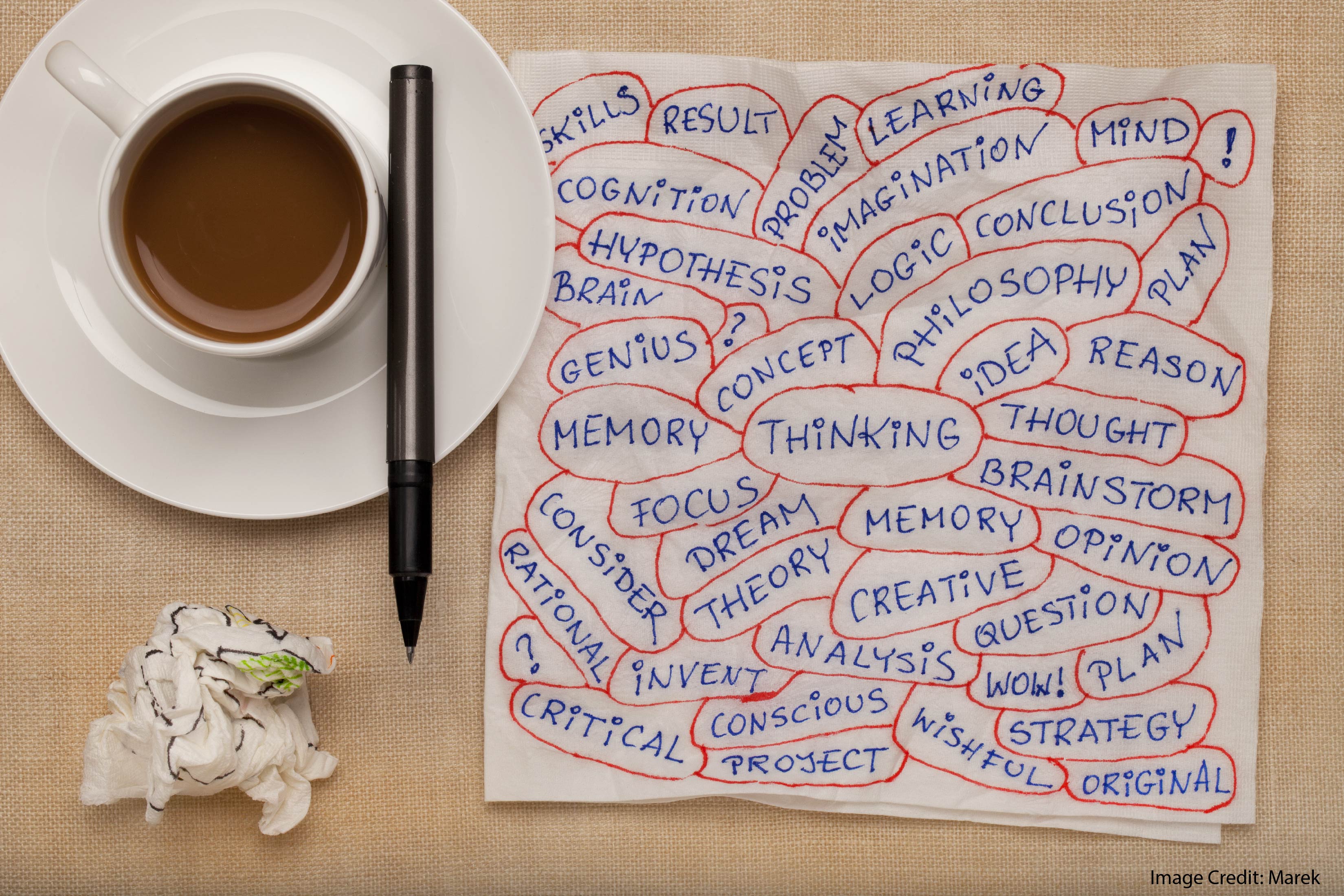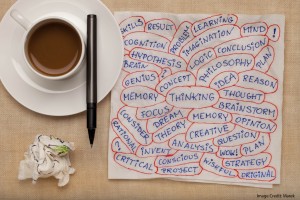
Over at Newsweek, Alexander Nazaryan wants to vex you. Here’s a sample:
Only someone who has uncritically mastered the intricacies of Shakespeare’s verse, the social subtexts of Elizabethan society and the historical background of Hamlet is going to have any original or even interesting thoughts about the play. Everything else is just uninformed opinion lacking intellectual valence.
If you’d like a more nuanced version of this argument, check out Daniel Willingham’s Why Don’t Students Like School.
In particular, you might read…
Chapter 2: “Factual knowledge must precede skill”
Chapter 4: “We understand things in the context of what we already know, and most of what we know is concrete”
Chapter 5: “It is virtually impossible to become proficient at a mental task without extended practice”
and chapter 6: “Cognition early in training is different from cognition late in training”
From another vantage point: my own book Learning Begins discusses the dangers of working memory overload lurking in efforts to teach critical thinking.
Whether you prefer Nazaryan’s emphatic declamations, or Willingham’s and my more research-focused commentary, take some time to think critically about all the cognitive legwork that must precede real critical thought.





